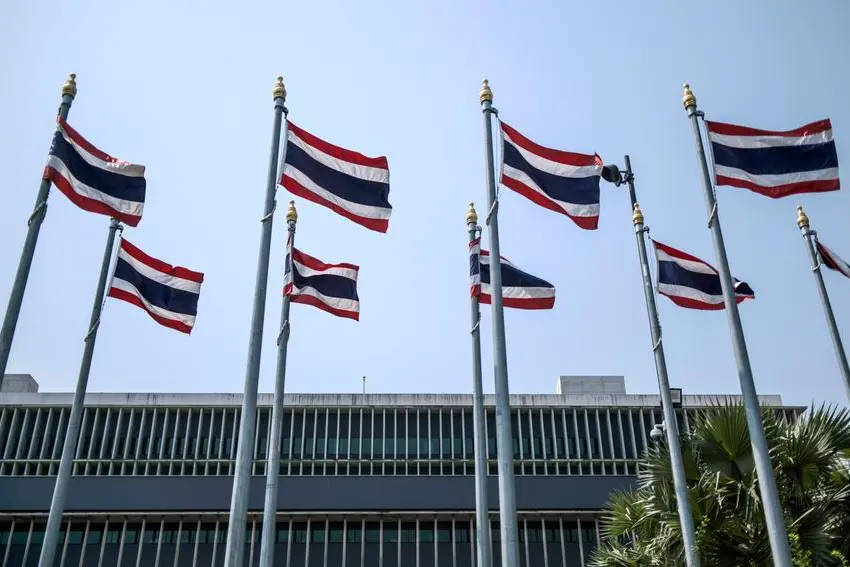PHOTO
The Thailand embassy in Doha is keen to deepen its bilateral ties with Qatar particularly in the area of food security, citing Thailand’s abundance of agricultural produce ranging from rice, vegetables and fruits to poultry.
“I intend to expand cooperation with Qatar based on Qatar National Vision 2030, especially on food security because in Thailand, we have many agricultural products... from rice, vegetables and fruits to poultry,” Thai ambassador Sira Swangsilpa told at a recent meeting with the media.
With a food security strategy in place, the two countries could explore greater coordination and collaboration over the next six years, he stated.
Besides rice, some of the Thai food products being exported to Qatar include fresh, chilled or frozen fish; prepared or preserved fish, crustaceans, and mollusk; and fresh, frozen and dried fruits; among others.
Many Thai products are offered by major supermarkets in Qatar such as LuLu Group, which collaborated with the Thai Trade Commission. In addition, the number of Thai restaurants in Doha witnessed a notable increase. Qatar’s appetite for Thai cuisine has also contributed to the strengthening of cultural ties.
Aimed at fostering better mutual understanding and cooperation, the Thai embassy announced that it is hosting the “Thailand’s Shariah-Compliant Innovation” seminar, set on September 14 at Banyan Tree Doha.
The event, according to the embassy, will discuss a diverse array of subjects, including the pioneering advancements in Halal science and technology, safeguarding consumer interests, and investigating potential collaborative opportunities within academia.
The seminar will tackle a ‘Revolutionary Rapid Test Kit’, a breakthrough in detecting non-Halal elements in food products, an innovation that aligns with Thailand’s commitment to meeting the highest Halal certification standards.
According to the embassy, the event will also feature sessions led by industry experts, including Associate Prof D. Winai Dahlan, founding director of The Halal Science Centre at Chulalongkorn University, and Dr Anat Denyingyhot, assistant director at the same institution.
About trade ties, Swangsilpa noted that trade volume between the two countries stands at $4.5bn, with Thailand exporting automotive products, air conditioning machines and parts, and electrical equipment, among others, while importing natural gas from Qatar.
Swangsilpa, who is in his third month since arriving in Doha, said he met with members of the Thai community in Qatar, including children attending Thai and English language classes.
The envoy highlighted the growing number of visitors from Qatar, noting that around 100,000 tourists visit Thailand annually for leisure and medical tourism. He said Qataris are entitled to a 30-day visa on arrival to Thailand.





















